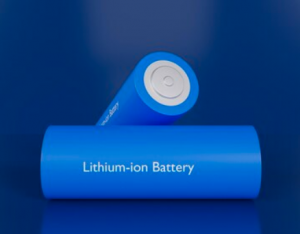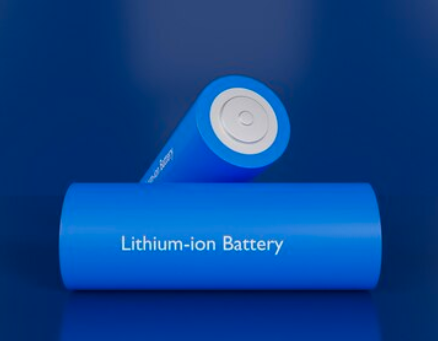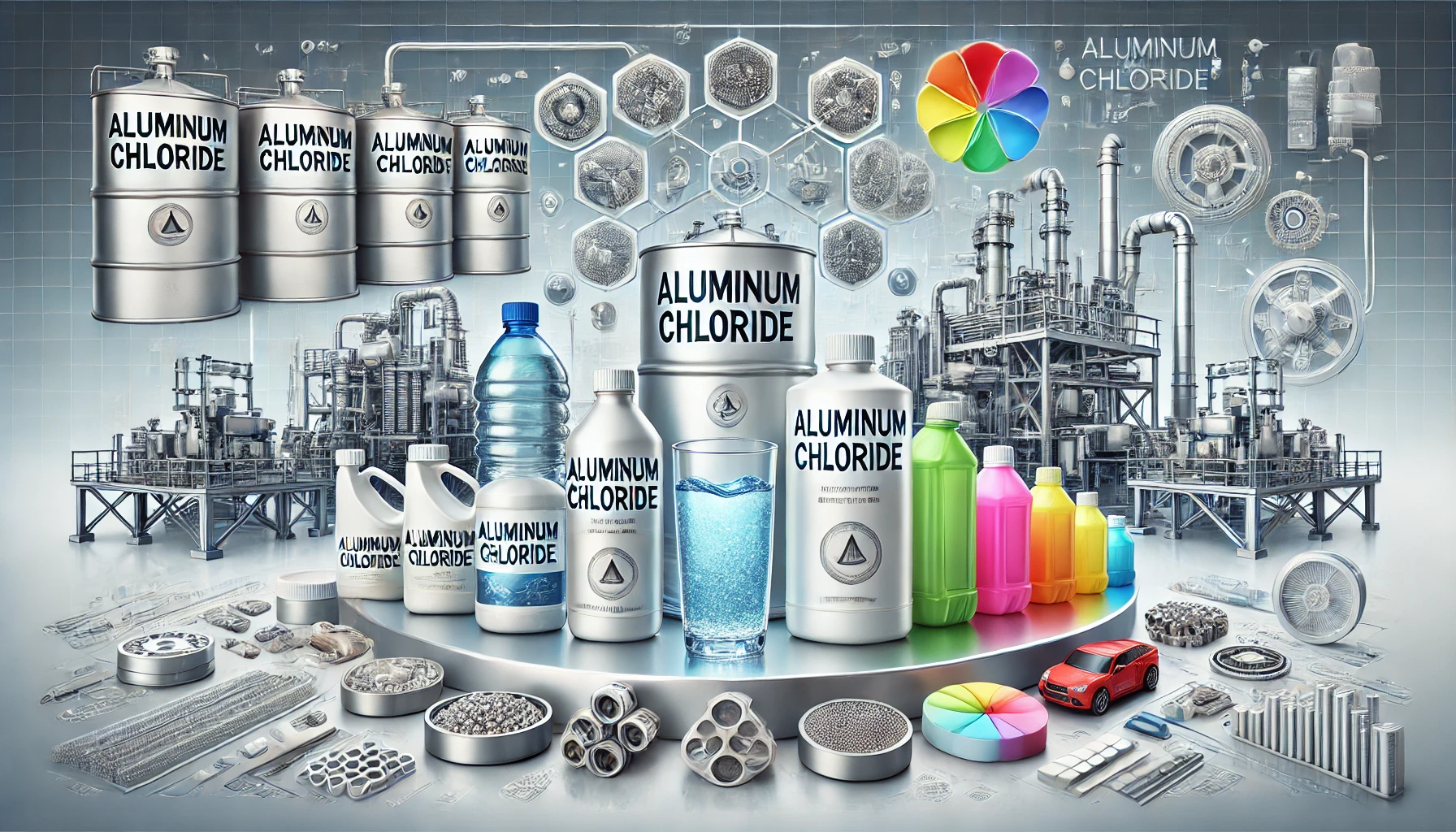
Li-ion batteries are a very real form of energy storage widely used in our everyday life, including gadgets, laptops, electric vehicles (EVs), and energy storage systems. As our need for these devices continues to increase, so does our use of Li-ion batteries. This has led to a considerable rise in the waste generated by these battery systems. Hence, the necessity for closed-loop management systems for Li-ion source disposal has resulted in the emergence of a new industry. In this paper, we will discuss the logic behind the significant investment in the Li-ion battery recycling industry.
Importance of Li-Ion Batteries
Li-ion batteries represent an important component of a modern-day economy. These batteries ultimately provide the necessary power for a vast array of applications, from consumer electronics and electric vehicles to energy storage systems. As the world heads toward a more sustainable future, the relevance of Li-ion batteries will only increase. It is estimated that Li-ion batteries are expected to be the primary source of energy for electric vehicles, which are quickly replacing traditional gas-powered vehicles. According to a report from Bloomberg New Energy Financing, it is expected that electric vehicles will take over 57% of passenger car sales by 2040.
Li-Ion Battery Recycling Industry
The Li-ion battery recycling industry is relatively new and growing in importance. This industry proposes to recover valuable materials contained in spent Li-ion batteries, such as cobalt, lithium, and nickel, which are then sold and supplied to manufacturers of new batteries and other products. Recycling Li-ion batteries is essential since it reduces the need for new materials, which are often mined at a huge expense to the environment.
Read our Book Here: Handbook on Production, Recycling of Lithium Ion and Lead-Acid Batteries (with Manufacturing Process, Machinery Equipment Details & Plant Layout)
Investment Opportunities in the Li-Ion Battery Recycling Industry
There are several reasons to consider the Li-ion battery recycling market as a smart investment:
- The Growing Demand for Li-Ion Batteries
As mentioned, the demand for Li-ion batteries is growing rapidly, and this trend is expected to continue. As a result, the amount of waste produced by these batteries will also grow. The need for sustainable solutions to dispose of this waste provides a great opportunity for companies in the Li-ion battery recycling and reuse market. - Environmental Regulation:
Countries worldwide are increasingly concerned about the environmental impact of the waste generated by Li-ion batteries. They are imposing tighter regulations to ensure these batteries are managed and disposed of safely and sustainably. The Li-ion battery recycling sector is well-positioned to take advantage of these regulations. - High-value Recoverable Materials
Li-ion batteries contain valuable materials, such as cobalt, lithium, and nickel, which are in high demand and can be sold to manufacturers. Recycling these materials is generally much less costly and more sustainable than mining new materials. - Boosting Public Recognition
The general public is becoming more aware of sustainability and the challenges created by waste. This demand is being met with sustainable solutions, including Li-ion battery recycling, allowing companies in this industry to capitalize on the trend. - Government Support
Many governments globally are offering support for the development of the Li-ion battery reusing sector. For instance, the United States Department of Energy has granted funding to companies developing Li-ion battery reusing technologies. This support is likely to continue as governments seek sustainable solutions and aim to mitigate environmental impacts caused by waste.
Related Feasibility Study Report: Lithium Ion Battery (battery Assembly)
Challenges of the Li-Ion Battery Recycling Industry
While there are considerable opportunities in the Li-ion battery recycling sector, there are also several challenges that investors should be aware of:
- Technological Development:
The Li-ion battery reusing sector is still in its infancy. Many companies are still developing their technologies, so investing in this sector carries some risk. - Competitors:
As the Li-ion battery recycling sector expands, competition is likely to increase. This could result in decreasing prices and profit margins for companies providing recycling solutions. - Rules:
Although regulation can drive investment, it can also present challenges. Companies must comply with environmental regulations and obtain permits and certifications, which can be time-consuming and costly. - Supply Chain:
Manufacturers in other countries often use Li-ion batteries in their products, making supply chains complex.For reuse companies to scale, they need access to reliable and efficient supply chains.
The Li-ion battery recycling industry is a quickly expanding market that presents significant investment opportunities. The raising demand for Li-ion batteries, ecological policies, high-value recoverable products, raising public recognition. It is also federal government support all make this industry appealing to capitalists. However, there are additionally tests to consider, such as technology advancement, competition, guidelines, and the complexity of the supply chain. On the whole, the Li-ion battery reusing sector is an industry to view, as it is most likely to come to be increasingly crucial in the years to find. Financiers that are willing to tackle the threats associated with this sector might possibly enjoy substantial benefits.
Examples of Companies in the Li-Ion Battery Recycling Industry
There are several organizations that operate in the Li-ion battery reusing space, which investors might consider. Here are a few examples:
- Li-Cycle Corp:
A Canadian company that uses proprietary technology to reclaim important materials from Li-ion batteries. Li-Cycle Corp recovers approximately 95% of materials from Li-ion batteries. It has partnerships with companies such as BMW and the government of Canada. - Umicore:
A Belgian company that produces materials for rechargeable batteries, including Li-ion batteries. Umicore participates in the Li-ion battery recycling market and partners with automakers like BMW and Tesla - Retriev Technologies:
A USA-based company providing Li-ion battery recycling solutions. They use proprietary technology to recover valuable materials from spent batteries and have relationships with companies like Panasonic.
Conclusion
The Li-ion battery recycling market presents a great deal of potential investment opportunities for those willing to take on the associated risks. The growing demand for Li-ion batteries, increased public visibility surrounding recycling programs. Support from governments add to the appeal of this market for investors. Companies like Li-Cycle Corp., Umicore, and Retriev Technologies offer investment opportunities. Overall, the Li-ion battery recycling market is an industry to watch as it continues to grow in importance in the coming years.
For any Inquiry or More Information: Start a Business in Lithium-Ion Battery Production





